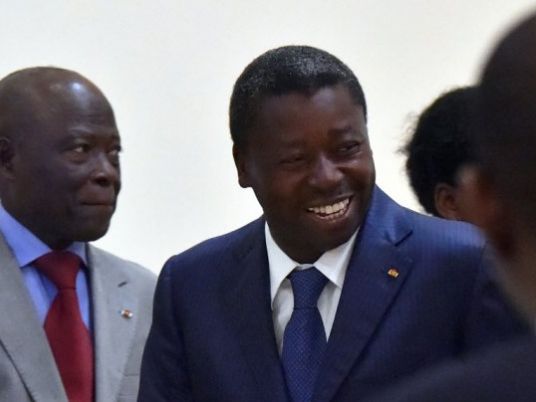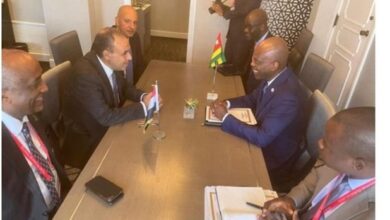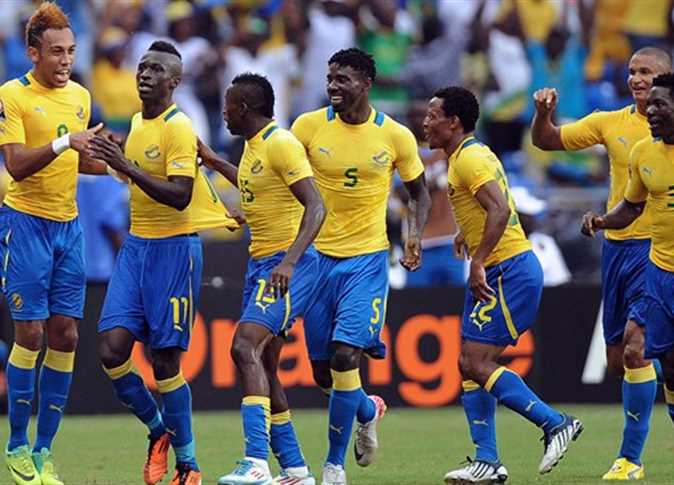
Togo's President Faure Gnassingbe has won a third term with 58.75 percent of the vote in Saturday's polls, the electoral commission said, with his main rival Jean-Pierre Fabre taking 34.95 percent.
"The national electoral commission states that Faure Essozimna Gnassingbe has been elected based on provisional results which are subject to confirmation by the Constitutional Court," the commission's head Taffa Tabiou said late Tuesday.
Outside the headquarters of the ruling party, about 50 of his supporters danced to campaign songs late at night shortly after the results were announced.
"It is the victory of the Togolese people who want, with the president Faure Gnassingbe, to continue advancing toward progress and in peace," the presidency said.
Fabre could not be reached and his spokesman did not wish to comment.
Unsurprisingly, Fabre came out on top in Lome, the capital, which historically goes to the opposition, despite gains by Faure there.
The number of people who stayed away from the polls was 40.01 percent against 35.32 percent in the previous presidential election in 2010.
Gnassingbe's family has ruled the small west African country for almost half a century.
The president, who first came to power in 2005 on the death of his iron-fisted father Gnassingbe Eyadema, saw his bid for a third term sharply boosted by overwhelming support from the north of the country, a family stronghold.
No limits on re-election
The EU, Togo's leading international lender, said Tuesday the election "went off calmly, confirming the Togolese people's attachment to democracy."
The African Union and regional bloc ECOWAS also said the vote was free and transparent.
The opposition struggled to offer a real alternative, with three other candidates also going to the polls.
The most successful was Tchaboure Gogue, one of the three candidates from small opposition parties who chose to take on Fabre and the president, and took 3.08 percent of the vote.
Despite international monitors calling the vote free and transparent, opposition members had accused the government of engaging in election fraud to try to hold on to power.
However later Tuesday the tone eased, with Fabre telling AFP that he would "leave the CENI to do its work", referring to the Independent National Electoral Commission.
Togolese political analyst David Ihou expressed surprise about the accusations, saying "all records" of the polling stations had been signed by "representatives of each candidate", and criticised what he termed "an obstructionist strategy" by the opposition.
Currently there are no limits on the number of times a president can stand for re-election. The opposition wants a two-term limit.
The army provoked an outcry when it first rushed Gnassingbe into office after General Eyadema died in February 2005, leaving a power vacuum following his rule of 38 years.
Gnassingbe swiftly stood down and an election was hastily organised which saw him win his first five-year term, but the result was marred by violence in which 400 to 500 people were left dead and thousands injured, according to the UN.
He was re-elected in 2010, winning against Fabre, in a vote disputed by the opposition but judged acceptable by the international commmunity.
Togo was formerly administered by Germany then France. It celebrated 55 years of independence on Monday.



